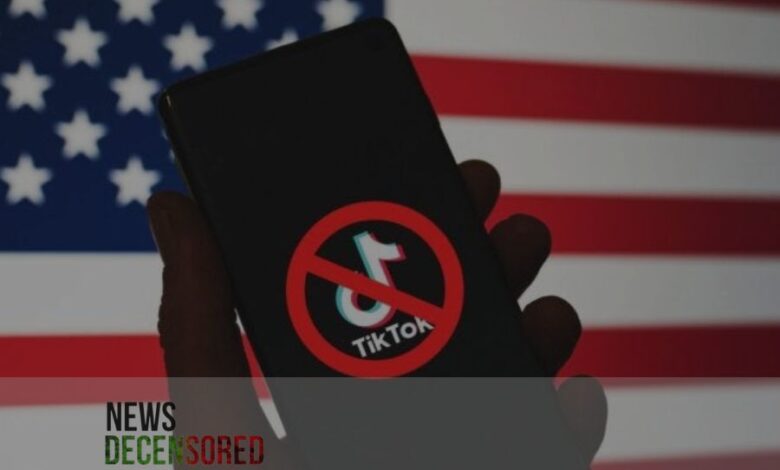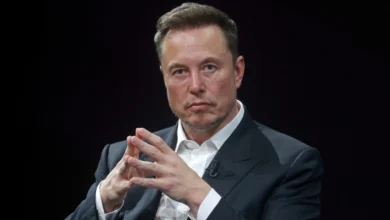Opportunity Beyond TikTok: How Creators Thrive Amidst Change

Until four years ago, India was TikTok’s largest market, with 200 million users. This app was changing people’s lives. It seemed that there was no stopping the popularity of TikTok, and that’s when the border dispute between India and China intensified. After that, in June 2020, the Indian government banned TikTok overnight.
At a time when TikTok has become one of the most popular apps in the world, Indian TikTok accounts and videos are still online today and seem frozen in time. With this, you can easily predict the future of TikTok and its users in the US. On April 24, US President Joe Biden signed a law that could permanently ban TikTok in the US.
According to the new law, TikTok’s owner, ByteDance, can sell its stake in the company within nine months or face a permanent ban on the app in the US. However, ByteDance says it will not sell its shares and has announced it will challenge the law in court. There is no precedent in US technology history for such a large social media app to be banned.
However, from India, we learn that when a government bans such an app altogether. India is not the only country that has forbidden TikTok. In November 2023, Nepal also banned TikTok, while Pakistan has also partially banned TikTok several times. While America’s 150 million TikTok users face an uncertain situation, the story of the ban in India proves that users move on very quickly.
But it is also worth noting that as a result of such bans, the culture born out of these apps also dies with them. When the Indian government banned TikTok in June 2020, it had 11,000 followers, and many of its videos were viewed millions of times.
Tyagi says TikTok was very popular at that time. People from all over the country came together on this app, dancing, skating, and posting about their daily affairs in their small town in the hills. One of the primary reasons behind the app’s popularity was that TikTok gave people more opportunities in rural areas. Many of them became so popular that they became celebrities.
According to him, for the first time, people were seeing what they wanted to see. “We saw people from rural backgrounds becoming famous who would not have dreamed of becoming famous or making money from an app under normal circumstances. TikTok was different in terms of hyperlocal videos.
TikTok has similar cultural significance in the US, where the livelihoods of countless small creators and businesses are tied to the app. For example, Instagram promotes more accounts with more followers, while TikTok encourages its users to post regularly.
When TikTok was banned in India, the government banned 58 other Chinese apps. Some of these apps are becoming quite popular in America these days. After TikTok, India also banned ‘Shain’. However, recently, after successful negotiations, an Indian version of Shen has been introduced. Banning TikTok due to this new law gives US authorities a precedent that they can use to restrict other Chinese apps as well.
US politicians’ privacy and national security concerns about TikTok may also apply to other companies. Whenever a popular app gets banned, other apps try to replace it. TikTok could have taken the legal route in India, too, but it didn’t. The ban in India was also immediately enforced within just a few weeks. However, in the United States, it may take years for the court to decide on TikTok’s case, and there is no guarantee that the US court will uphold the law.
A trade war between the US and China threatens to erupt in response to the ban on TikTok in the US. According to Pahua, China could also impose such sanctions against American companies. China condemned India for banning TikTok, but no clear response was seen. But America may not be so lucky. There are several reasons for China’s reaction to India’s ban on TikTok. It is a fact that India’s tech industry does not exist in China.
On the other hand, America’s tech industry offers plenty of opportunities for retaliation. China has already begun trying to replace American technology with local alternatives. A ban on TikTok may accelerate this. The prohibition on TikTok did not affect Tyagi’s earnings, as she only used it to promote her work.
When she went to America, she was surprised that her account was still active. She felt as if she had gone back in time. He also posted some videos. But most of his followers in India may have yet to see that video. However, he received little recognition from the overseas Indian community. Tyagi says there are still millions of Indian TikTok accounts. ‘It’s surprising that TikTok has kept these accounts so far. Maybe they hope that India will lift the ban on TikTok.




